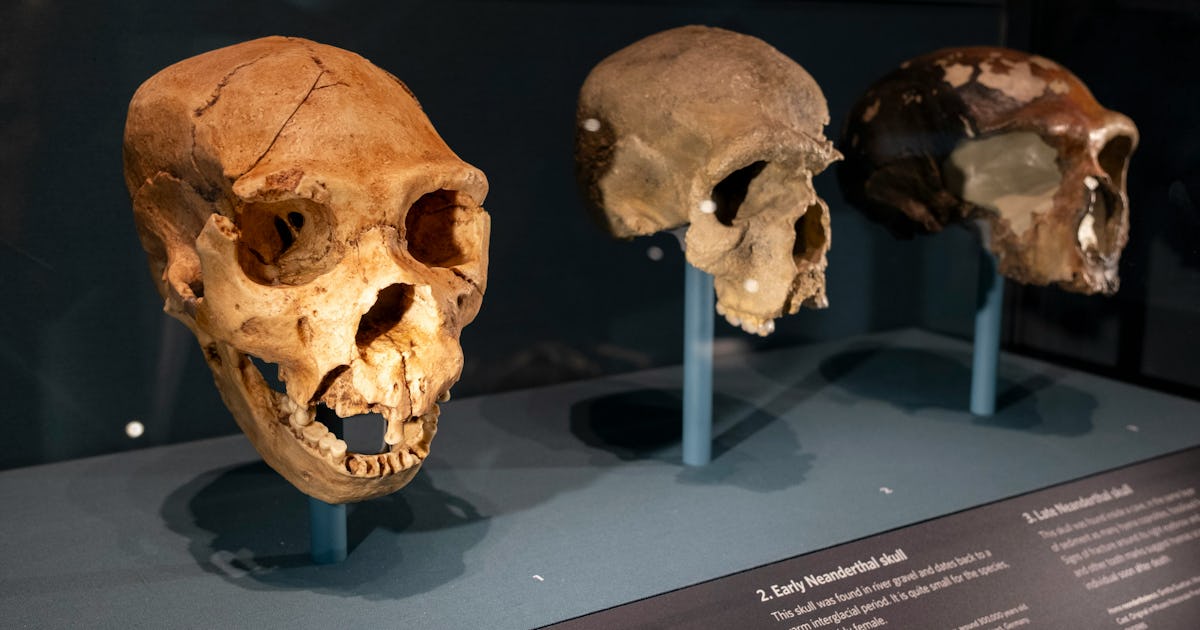Dutch Uncle
* Tertia Optio * Defend the Constitution
In another thread, the subject of various sciences came up. This is about social and psychological sciences.
The short version is that humans, for a few different reasons, traveled in larger tribe than Neanderthals which allowed for more genetic diversity within the tribe.

 www.inverse.com
www.inverse.com
...If humans lived in bigger groups than Neanderthals, it could have given us advantages.
Neanderthals, strong and skilled with spears were likely good fighters. Lightly-built humans probably countered by using bows to attack at range.
But even if Neanderthals and humans were equally dangerous in battle, if humans also had a numeric advantage, they could bring more fighters and absorb more losses.
Big societies have other, subtler advantages. Larger bands have more brains. More brains to solve problems, remember lore about animals and plants, and techniques for crafting tools and sewing clothing. Just as big groups have higher genetic diversity, they’ll have higher diversity of ideas.
And more people means more connections. Network connections increase exponentially with network size, following Metcalfe’s Law. A 20-person band has 190 possible connections between members, while 60 people have 1770 possible connections.
Information flows through these connections: News about people and movements of animals; toolmaking techniques; and words, songs and myths. Plus the group’s behaviour becomes increasingly complex.
The short version is that humans, for a few different reasons, traveled in larger tribe than Neanderthals which allowed for more genetic diversity within the tribe.

One Extremely Human Quality May Help Explain Why Neanderthals Went Extinct
Why did humans take over the world while our closest relatives, the Neanderthals, became extinct? It’s possible we were just smarter, but there’s surprisingly little evidence that’s true.
One Extremely Human Quality May Help Explain Why Neanderthals Went Extinct
However, the Altai Neanderthals often had one version of each gene. As the study reports, that low diversity suggests they lived in small bands — probably averaging just 20 people.......If humans lived in bigger groups than Neanderthals, it could have given us advantages.
Neanderthals, strong and skilled with spears were likely good fighters. Lightly-built humans probably countered by using bows to attack at range.
But even if Neanderthals and humans were equally dangerous in battle, if humans also had a numeric advantage, they could bring more fighters and absorb more losses.
Big societies have other, subtler advantages. Larger bands have more brains. More brains to solve problems, remember lore about animals and plants, and techniques for crafting tools and sewing clothing. Just as big groups have higher genetic diversity, they’ll have higher diversity of ideas.
And more people means more connections. Network connections increase exponentially with network size, following Metcalfe’s Law. A 20-person band has 190 possible connections between members, while 60 people have 1770 possible connections.
Information flows through these connections: News about people and movements of animals; toolmaking techniques; and words, songs and myths. Plus the group’s behaviour becomes increasingly complex.

